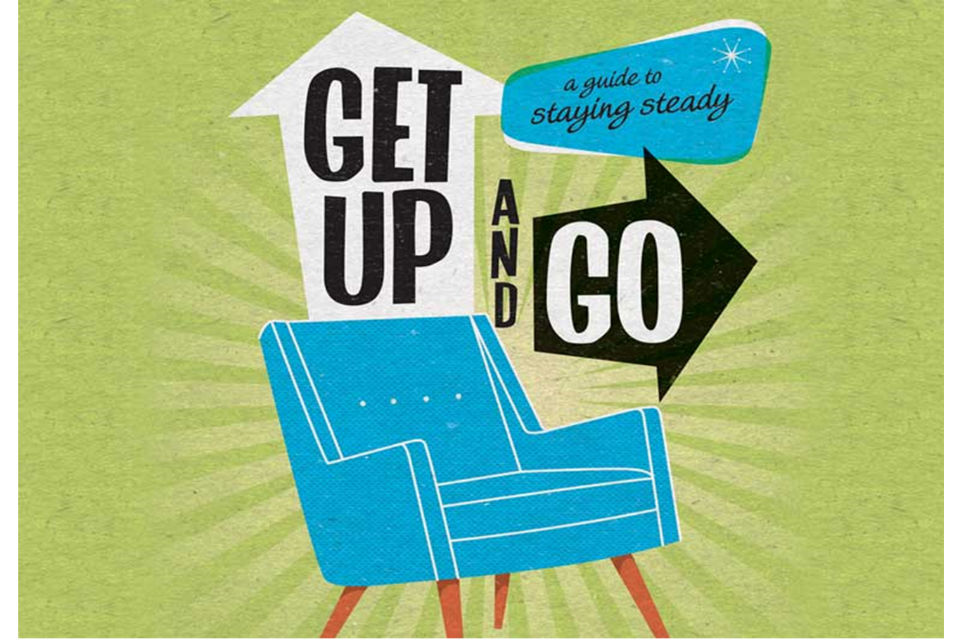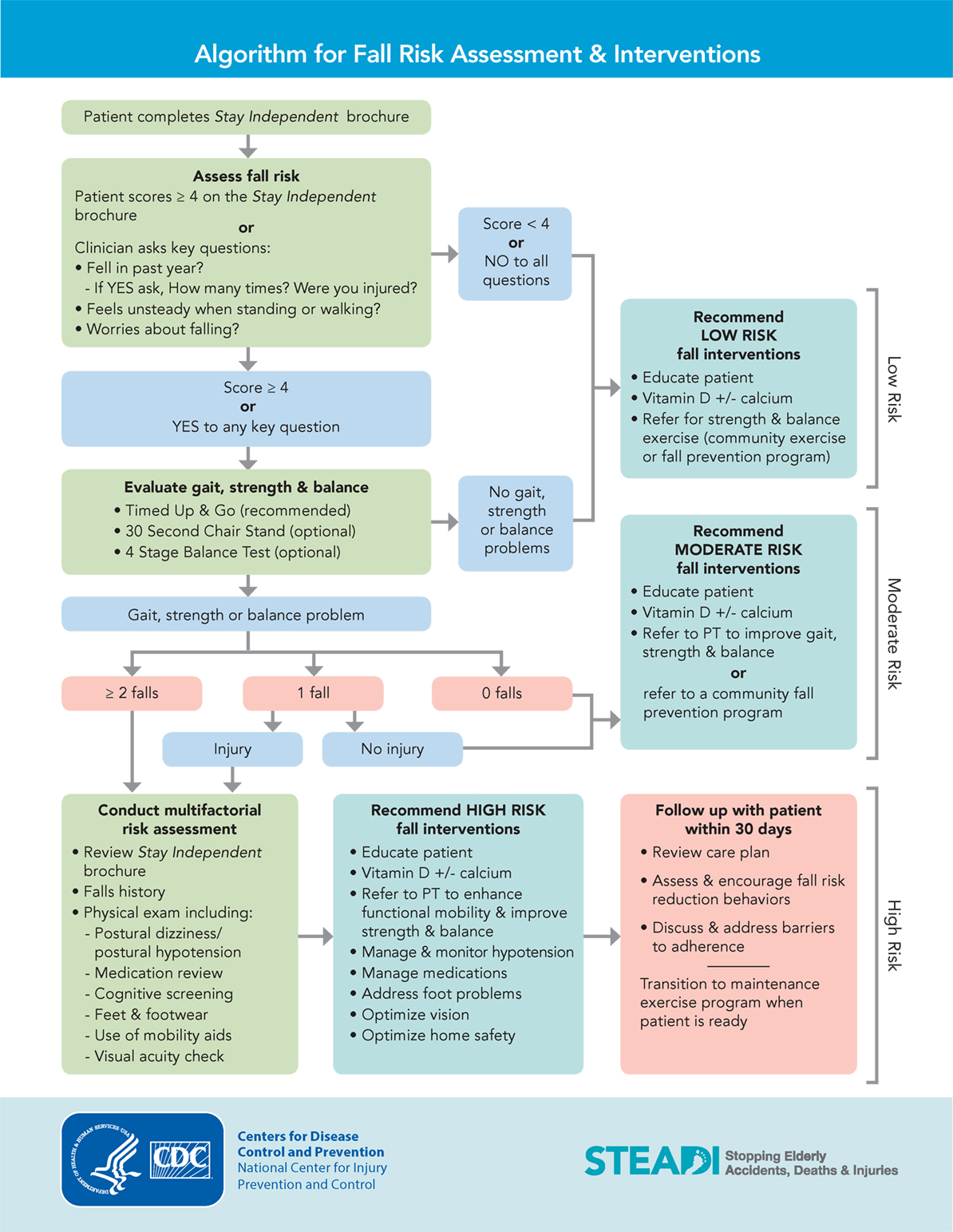An Unbiased View of Dementia Fall Risk
An Unbiased View of Dementia Fall Risk
Blog Article
Dementia Fall Risk Fundamentals Explained
Table of ContentsThe Ultimate Guide To Dementia Fall RiskDementia Fall Risk Can Be Fun For AnyoneDementia Fall Risk - The FactsWhat Does Dementia Fall Risk Mean?The Only Guide to Dementia Fall Risk
The FRAT has 3 areas: drop risk condition, threat factor checklist, and action strategy. A Loss Risk Condition consists of information concerning history of recent falls, medicines, emotional and cognitive standing of the patient - Dementia Fall Risk.If the individual ratings on a threat factor, the corresponding number of points are counted to the individual's loss threat rating in package to the much right. If an individual's loss threat rating completes 5 or greater, the individual goes to high threat for drops. If the person ratings only 4 points or reduced, they are still at some threat of dropping, and the registered nurse needs to utilize their ideal professional analysis to take care of all loss threat variables as component of an alternative care plan.
These basic approaches, in general, aid establish a secure atmosphere that lowers unexpected drops and defines core preventative steps for all people. Indications are essential for clients at threat for falls.
Facts About Dementia Fall Risk Uncovered
Wristbands must consist of the individual's last and initial name, day of birth, and NHS number in the UK. Just red color ought to be utilized to signal special patient status.
Things that are also much might need the client to connect or ambulate unnecessarily and can potentially be a threat or add to drops. Assists avoid the client from going out of bed without any aid. Registered nurses react to fallers' phone call lights much more quickly than they do to lights initiated by non-fallers.
Aesthetic disability can greatly trigger falls. Maintaining the beds closer to the flooring minimizes the danger of drops and major injury. Placing the bed mattress on the floor substantially decreases loss risk in some medical care settings.
Dementia Fall Risk - The Facts
Clients that are high and with weak leg muscle mass who try to rest on the bed from a standing placement are likely to fall onto the bed due to the fact that it's also low for them to reduce themselves securely. If a tall individual efforts to obtain up from a reduced bed without aid, the patient is likely to fall back down onto the bed or miss the bed and fall onto the floor.
They're created to advertise prompt rescue, not to avoid falls from bed. Audible alarms can also advise the client not to stand up alone. Using alarms can likewise be an alternative for physical restrictions. Apart from bed alarm systems, boosted guidance for high-risk clients likewise may help prevent falls.

Individuals with an evasion gait boost autumn possibilities considerably. To lower loss danger, shoes ought to be with a little to no heel, thin soles with slip-resistant tread, and support the ankle joints. Suggest person to make use of nonskid socks to protect against the feet from moving upon standing. Nevertheless, motivate clients to wear appropriate, well-fitting shoesnot nonskid socks for motion.
The Buzz on Dementia Fall Risk
Clients, especially older grownups, have lowered visual ability. Lighting a strange environment aids enhance presence if the patient have to get up in the evening. In a study, homes with sufficient lights report fewer drops (Ramulu et al., 2021). Improvement in illumination in the house may decrease loss rates in older adults (Dementia Fall Risk). Using stride belts by all healthcare providers can promote safety and security when assisting clients with transfers from bed Recommended Reading to chair.

Sitters are efficient for ensuring a safe, safeguarded, and secure environment. However, studies demonstrated very low-certainty evidence that sitters decrease fall risk in acute care medical facilities and just moderate-certainty that alternatives like video monitoring can reduce sitter use without increasing fall risk, suggesting that caretakers are not as valuable as originally thought (Greely et al., 2020).
How Dementia Fall Risk can Save You Time, Stress, and Money.

Increased physical fitness lowers the danger for falls and limits injury that is received when fall takes place. Land and water-based workout programs might be likewise helpful on equilibrium and gait read and thereby decrease the danger for falls. Water workout might contribute a favorable benefit on equilibrium and gait for females 65 years and older.
Chair Rise Workout is an easy sit-to-stand workout that assists reinforce the muscle mass in the upper legs and buttocks and boosts movement and freedom. The goal is to do Chair Surge exercises without utilizing hands as the client ends up being stronger. find more info See sources section for an in-depth instruction on exactly how to do Chair Rise exercise.
Report this page